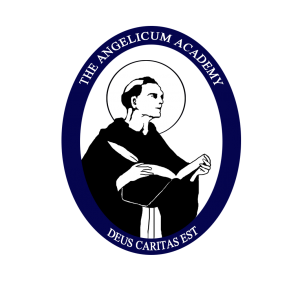Padeia
Education derives from the Latin educare, which means to rear, nourish, bring up (and not from educere – to lead, bring forth or out – as is commonly supposed). It is close in meaning to the Greek paideia – the rearing of children and molding of the ideal member of society to the ideal of kalos kagathos, the “beautiful and good,” which was the Greek ideal of perfection, of excellence, called arête. Arete is a concomitant of what it meant to be a hero and was the central ideal of all Greek culture.
Dr. Adler and Jacques Maritain both understood that teens 14 and up are capable of reading, discussing, and understanding the Great Books, as they did in the Middle Ages and in the US prior to 1900 or so, and so they strongly advocated the return to the use and study of Great Books in high school education. Adler also promoted a return to the extensive use of the Socratic discussion method of education and other elements of authentic classical education in the elementary levels of education in his Paideia proposals, which are an integral part of a return to authentically classical education, and which we incorporate in the Angelicum school and co-ops models under development. Persons interested in these reforms may find them in Dr. Adler’s three Paideia books.

